Hariharan
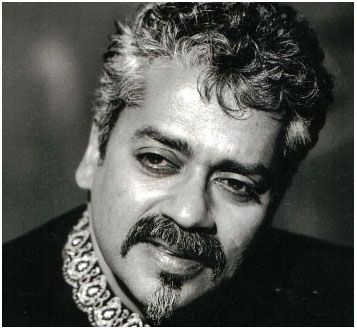
Subscribe to read full article
This section is for paid subscribers only. Our subscription is only $37/- for one full year.
You get unlimited access to all paid section and features on the website with this subscription.
Not ready for a full subscription?
You can access this article for $2 , and have it saved to your account for one year.
- Born: 3 April, 1955
- Primary Cinema: Hindi
- Parents: Shrimati Alamelu, H A S Mani
- Spouse: Lalitha Hariharan
- Children: Karan Hariharan, Akshay Hariharan, Lavanya Hariharan
The man with the magnetic voice, Hariharan is a Padma Shri and two-time National Award winner for his rendering of the songs Mere dushman from Border (1997), and the Marathi song Jeev dangla gungla rangla from Jogwa (2009). While he has innumerable unforgettable Hindi songs to his credit including Tu hi re, Chappa chappa charkha chale, Hai Rama yeh kya hua, Bahon ke darmiyan, Dheemi dheemi, Nahin saamne, and Yun hi chala, he has worked mainly in Tamil, besides singing songs for other language cinema such as Malayalam, Kannada, Marathi, and Bhojpuri. An established ghazal singer, Hariharan was also one half of the popular multiple award-winning band, Colonial Cousins along with Leslie Lewis, the style of which is essentially fusion, combining classical ragas with pop elements. Known for his bhajans as well, his rendering of the Hanuman Chalisa for T-Series became the first devotional song in the world to cross 1-billion views on YouTube. He also acted in a Tamil film Power of Women (2005) and has made other cameos, is a favourite at live concerts, and has also appeared as judge on TV music reality shows.
Born 3 April, 1955, he schooled at Don Bosco High School, Matunga, and went on to graduate from SIES College of Arts, Science & Commerce, Mumbai. With his parents Shrimati Alamelu and H.A.S. Mani (Anantha Subramani Iyer) being renowned Carnatic vocalists, he inherited their musical talents. His first mentor was Alamelu. Besides Carnatic music, he was also exposed to Hindustani music from a young age. In his teens, inspired by the songs of Mehdi Hassan and Jagjit Singh, he developed a passion for ghazals. Starting training in Hindustani music from Ustad Ghulam Mustafa Khan, he put in rigorous hours of practice every day, also learning Urdu, when he decided to pursue singing ghazals.
Starting his singing career with performing at concerts and for TV serials, he garnered a break in playback singing for films after winning the All India Sur Singaar Competition in 1977, following which he was signed on by music director Jaidev to sing for Gaman (1978). It was a sensational debut, with Hariharan’s Ajeeb sa neha mujh par guzar gaya yaaron becoming an instant hit and also bagging him the Uttar Pradesh State Film Award, as well as a National Award nomination.
Hariharan went on to strike it big in Tamil films. He was introduced by music director A R Rahman—himself a debutant at the time—to render the patriotic song Thamizha thamizha in the Mani Ratnam directorial, Roja (1992). Incidentally, A R Rahman was a keen listener of his ghazals before roping him in to sing his first playback song.
Rendering Uyire uyire for Ratnam’s Bombay (1995), which again had music by Rahman, Hariharan won the Tamil Nadu State Government Film Award for Best Male Playback Singer. The Rahman-Hariharan combination has worked together in several films such as Muthu (1995), Rangeela (1995), Indira (1995), Indian (1996), Iruvar (1997), Minsara Kanavu (1997), Jeans (1998), Mudhalvan (1999), Taal (1999), Alaipayuthey (2000), Kannathil Muthamittal (2002), Kangalal Kaithu Sei (2004), Anbe Aaruyire (2005), Sivaji (2007), Guru (2007), Enthiran (2010), and more.
Singing more than 500 Tamil songs and nearly 200 Hindi songs, Hariharan has rendered playback for other language cinema as well, such as Malayalam, Telugu, Kannada, Marathi, Bengali and Odia.
As a ghazal singer, he has to his credit more than 30 albums. Interestingly, he scored the music for many of his ghazal albums himself in the early phase of his career. Among his significant albums are Aabshar-e-Ghazal with Asha Bhosle, Gulfam, Hazir, Jashn, Halka Nasha, Paigham, Kaash, Lahore Ke Rang Hari Ke Sang (2005), and Lafzz.
He has also appeared onscreen in the Tamil film Power of Women (2005), besides playing cameos in the Tamil film Boys (2003) and the Malayalam film Millennium Stars (2000).
Hariharan was also part of the band, Colonial Cousins along with composer and singer Leslie Lewis. They released several award-winning fusion albums such as Colonial Cousins, The Way We Do It, and Aatma (2001), followed by Once More. Colonial Cousins also scored music for the films Modhi Vilayadu (2009, Tamil ), and Chikku Bukku (2010, Tamil).
Hariharan has enjoyed several successful collaborations such as with Pakistan-based band Strings for a track called Bolo Bolo, with Daler Mehndi for an album called Destiny, and with musicians Anandan Sivamani, Ustad Rashid Mustafa, Ustad Liyaqat Ali Khan and Ustad Sultan Khan for the album Kaash.
His TV appearances include the music show Hariyudan Naan on Jaya TV, Asianet Star Singer Season 6 on which he was a judge, and the 'Royal Stag Barrel Select MTV Unplugged'.
Besides the Padma Shri which he was honoured with in 2004 as well as the National Awards, he has been awarded the Yesudas Award for his outstanding performance in music, the Kerala State Film Award for Best Singer for the song Pattu paaduvaan in Pattinte Palazhi (2010), the Tamil Nadu State Film Awards for Best Male Playback Singer Koncha naal from the film Aasai (1995), the Nandi Awards for Best Male Playback Singer for the song Hima semalloyallo in the film Annayya (2000), the Asianet Film Awards for Best Male Playback Singer for the song Amrithamayi from Snehaveedu (2011), and for Aaro padunnu from Katha Thudarunnu (2010), the Filmfare Awards South for Aaro padunnu from Katha Thudarunnu (2010), and the Vijay Awards for Best Male Playback Singer for Nenjukkul peithidum from Vaaranam Aayiram (2008).
References
Image credit: http://www.chiloka.com






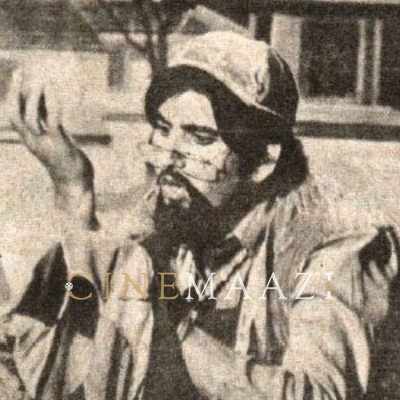
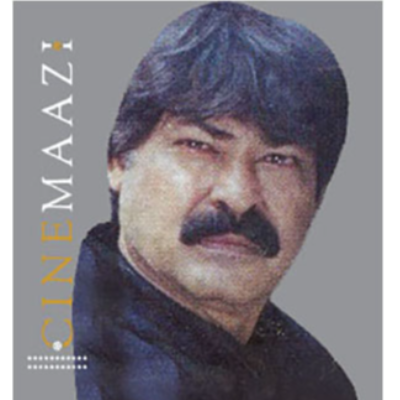

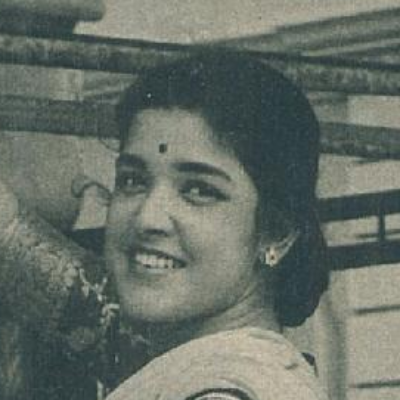
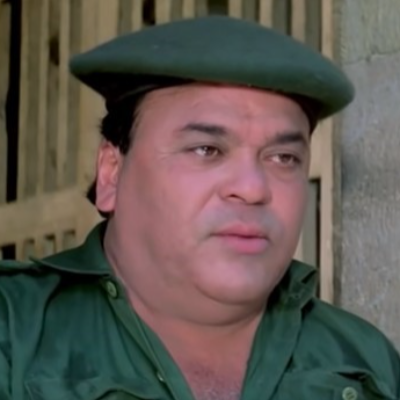

.jpg)



